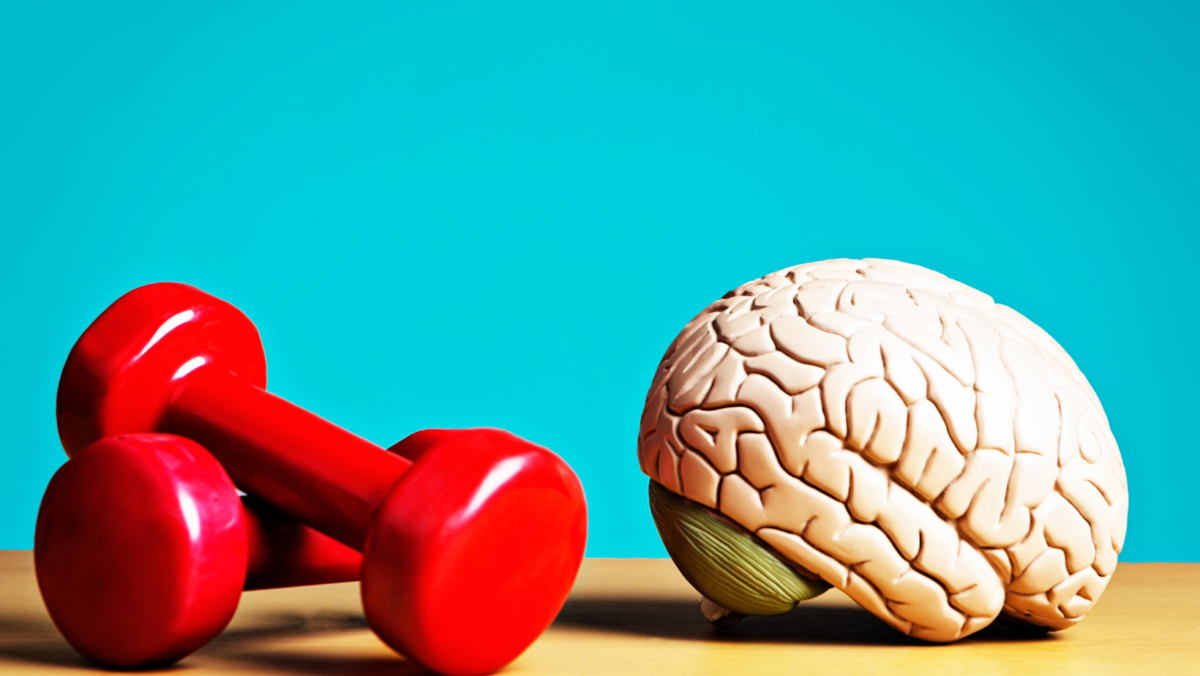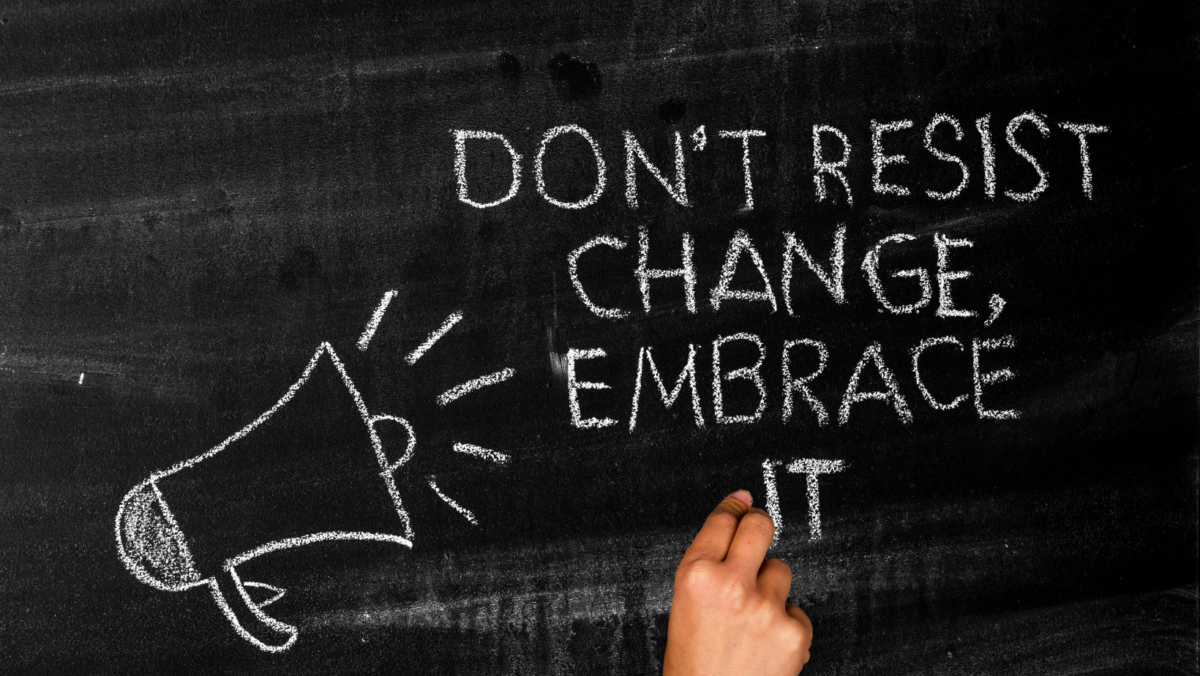Updated July 31st 2024
Are you living presently?
Or are you living focused on the next meeting, the next meal, the next email that needs to be responded to, and the next one and the next one? Are you living in the past, regretting what you have done or not done, or feeling angry at how you were treated by someone or how you didn’t make it to the gym, or ate that second croissant!
You are probably already well aware that mindfulness, one of the oldest practices in human history, has become one the newest ‘breakthroughs’ in managing thoughts and mental wellbeing in the workplace.
I started attempting to focus on living presently, using mindfulness and meditation a few years ago, (see more on this in this Irish Indo article) when approximately 20 years after being introduced to meditation and mindfulness, I finally was adult enough to start giving it a real go. The impetus was the realization that if I didn’t focus on the NOW, that life would pass me by and I’d have missed out on just experiencing rather then thinking about what was coming next.
This mindfulness lark is no easy habit to adopt! It involves being present in the here and now; when you’re eating, when you’re walking, when you’re speaking, basically in every moment. Personally, I find it challenging, as I often need to remind myself to focus entirely on the conversation at hand or savor the taste of a drink, deliberately experiencing every detail. In reality, like many others, I catch myself mindlessly juggling multiple activities throughout the day: hastily gobbling lunch between client sessions and meetings, and rushing around in a perpetual state of urgency. It’s a journey to break free from this habit and genuinely embrace mindfulness.
If it is so difficult to be mindful/ present in this moment, then why bother?
Well, there is empirical evidence that mindfulness:
- reduces the physiological and psychological effects of stress
- correlates with emotional intelligence
- improves well-being and happiness
- improves attention and emotional regulation
(see Keng, Smosku & Robins, 2011 for an extensive review of the empirical studies on the effect of mindfulness on psychological health)
Personally speaking, when I am being mindful, I feel more tuned in to the people I am with, the conversations we are having and the accompanying sensory information in the environment. I feel more grateful (which is in itself associated with reduced depression, more positive relationships, greater competence, resilience, self-acceptance, less stress, better sleep and much more!) and life feels much richer and more enjoyable.
Research also shows that people who focus on being mindful rather than focusing on the end goal or the future are more successful (e.g. Fishbach & Choi, 2012). Yes goals can help spark our initial interest, but then we must consistently focus and on the process rather than being overly focused on the end goal. It is much better for the outcome if we focus on the experience rather than the benefits. As Dr. Christian Jarrett (author of ‘Great Myths of The Brain’) said at the Learning Technologies Conference in Olympia, London I attended this week “Once you are doing it (e.g. exercise, work-based project), let your long-term future-based mission fade into the background.”
Living more mindfully is a must if you want to learn more effectively and change habits. As I mentioned earlier, it necessitates a shift in focus. Have you given it a try yet?




